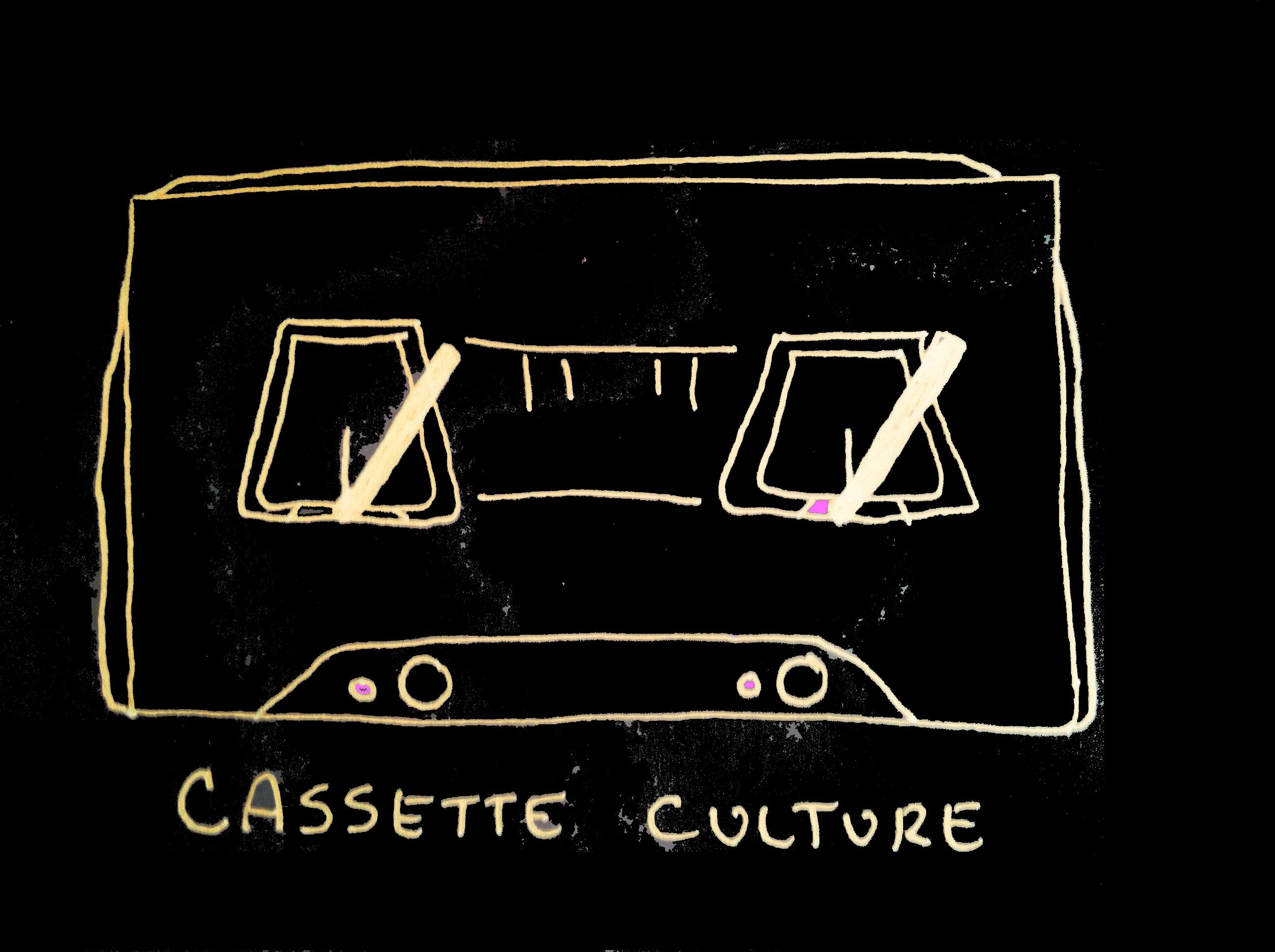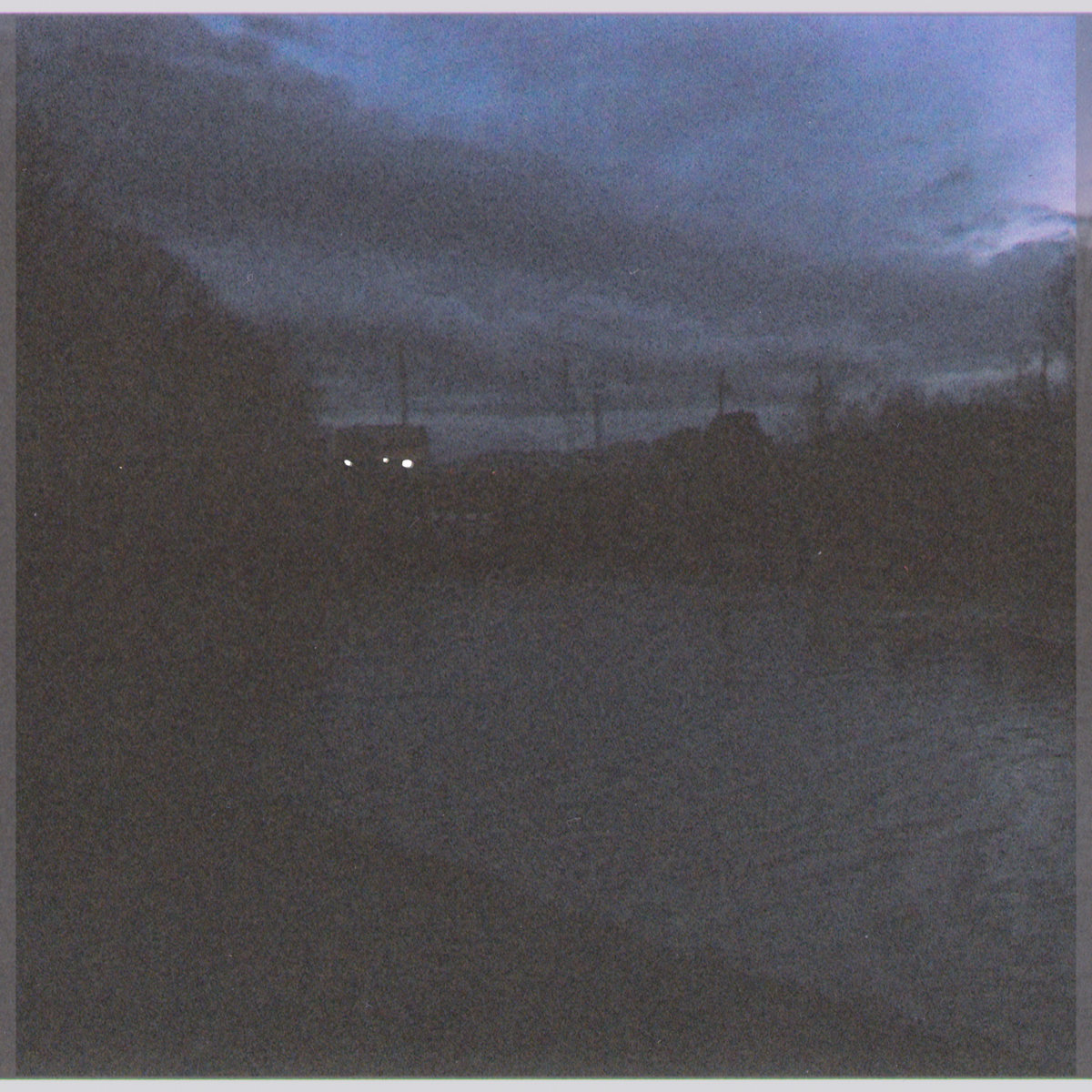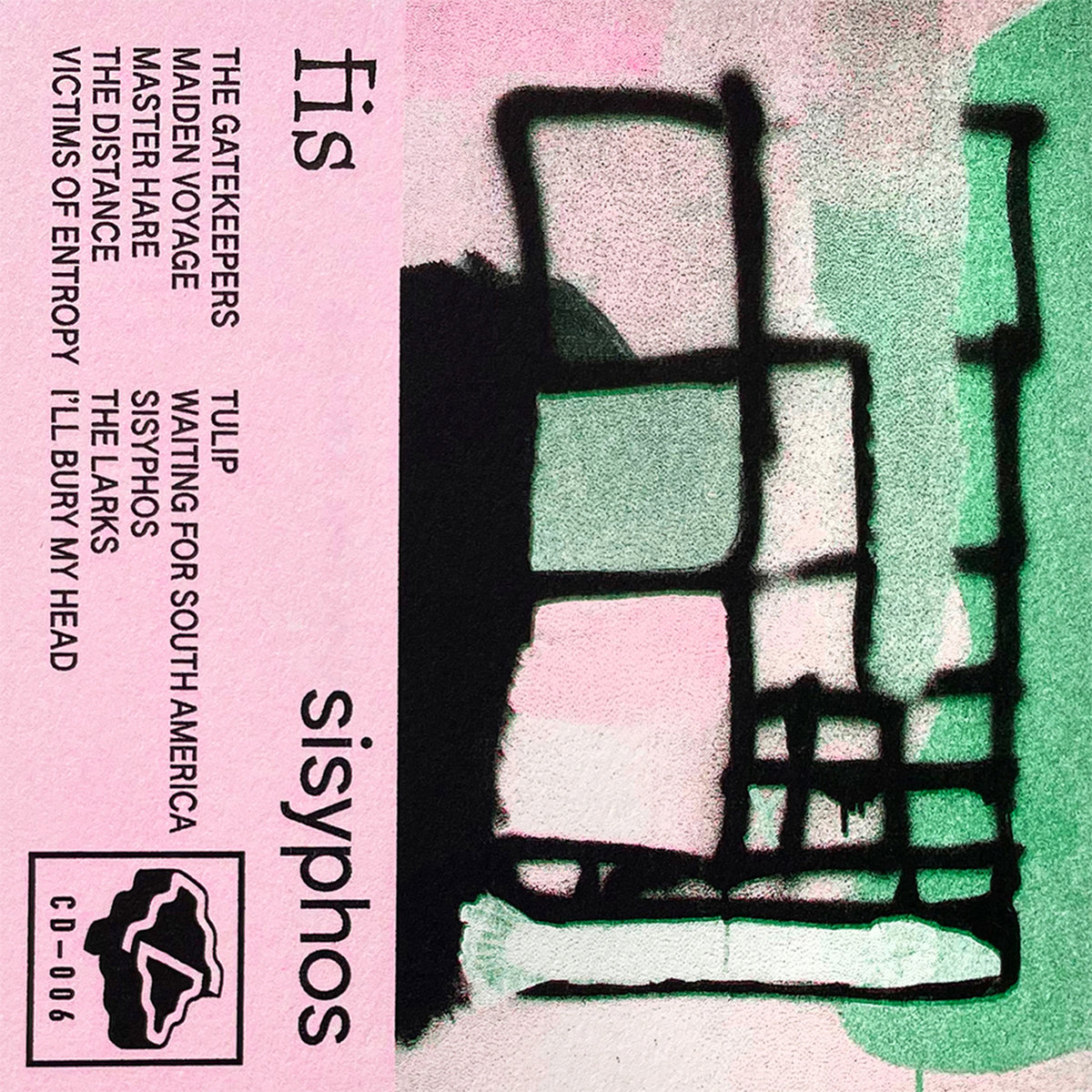Cassette Culture is a monthly column dedicated to exploring the various artists that inhabit the expansive cassette market. Drawing from bands and labels around the world, this column will attempt to highlight some of the best artists and albums from this global community.
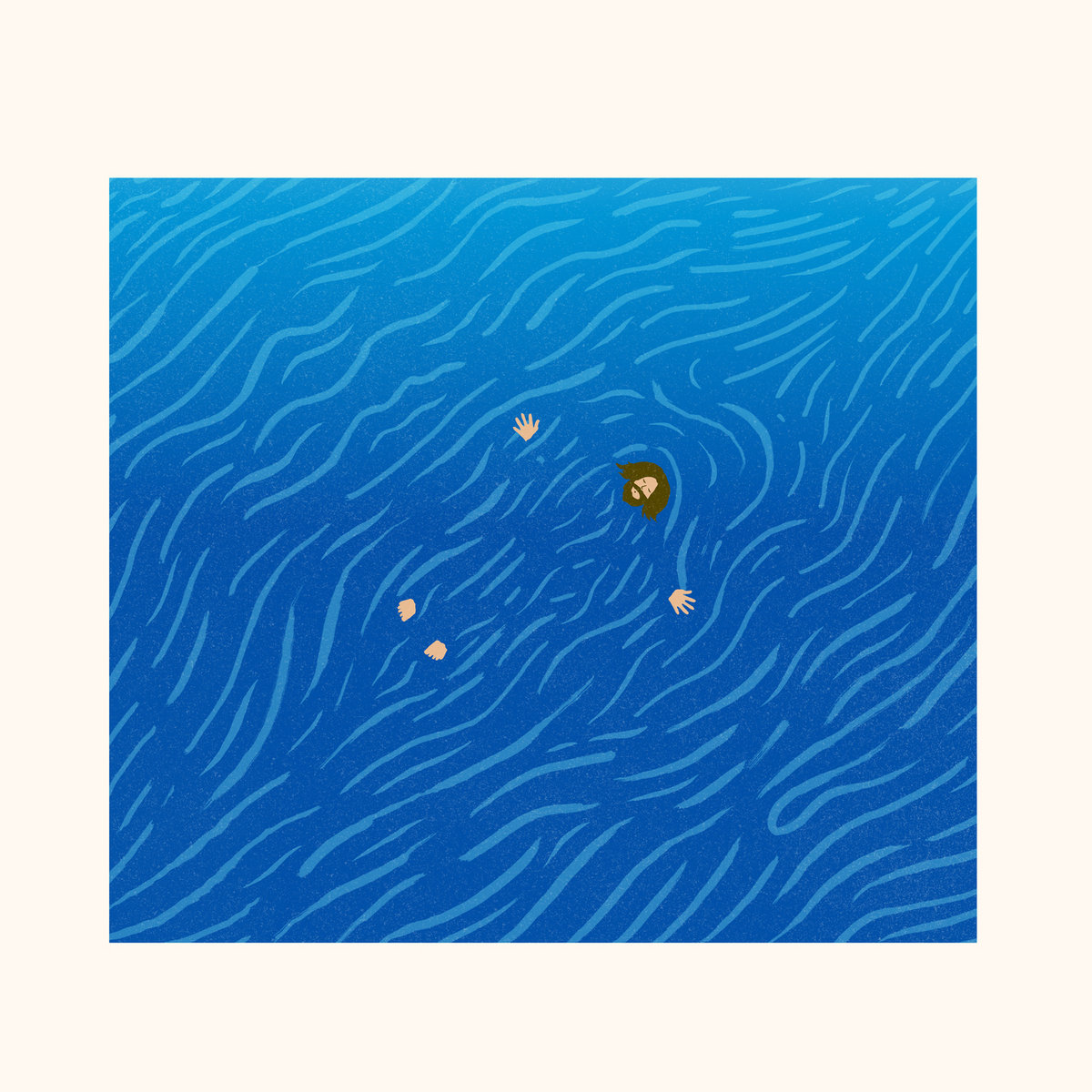 James Alexander Bright
James Alexander Bright
Float
(!K7)
British musician James Alexander Bright has an affinity for mixing genres like melodic paints, swirling them alongside one another to create new and fantastical hues of tone and texture. Lo-fi electronics deftly run parallel to sun-dappled melodies and groovy dancefloor possibilities. With his latest record, Float, Bright continues to adapt and reimagine sounds without regard for origin or destination. Songs like “Sundown” and “Wheels Keep Turning” have seams that feel stretched to their limits, filled with contours both smooth and uneven. Working through some of the same sounds as James Blake, and maybe skirting some of the less poppy aspects of The Weeknd, Bright commands a singular electronic purview, one that renders genres meaningless and drives him to merge musical perspectives without restriction. Whether he’s orchestrating the assemblage of some wall of noise or exploring something much more minimal, he finds room to broaden the scope of his past work, bringing influence and experience together in a wild, kaleidoscopic world of precarious elevations and cathedral emotions.
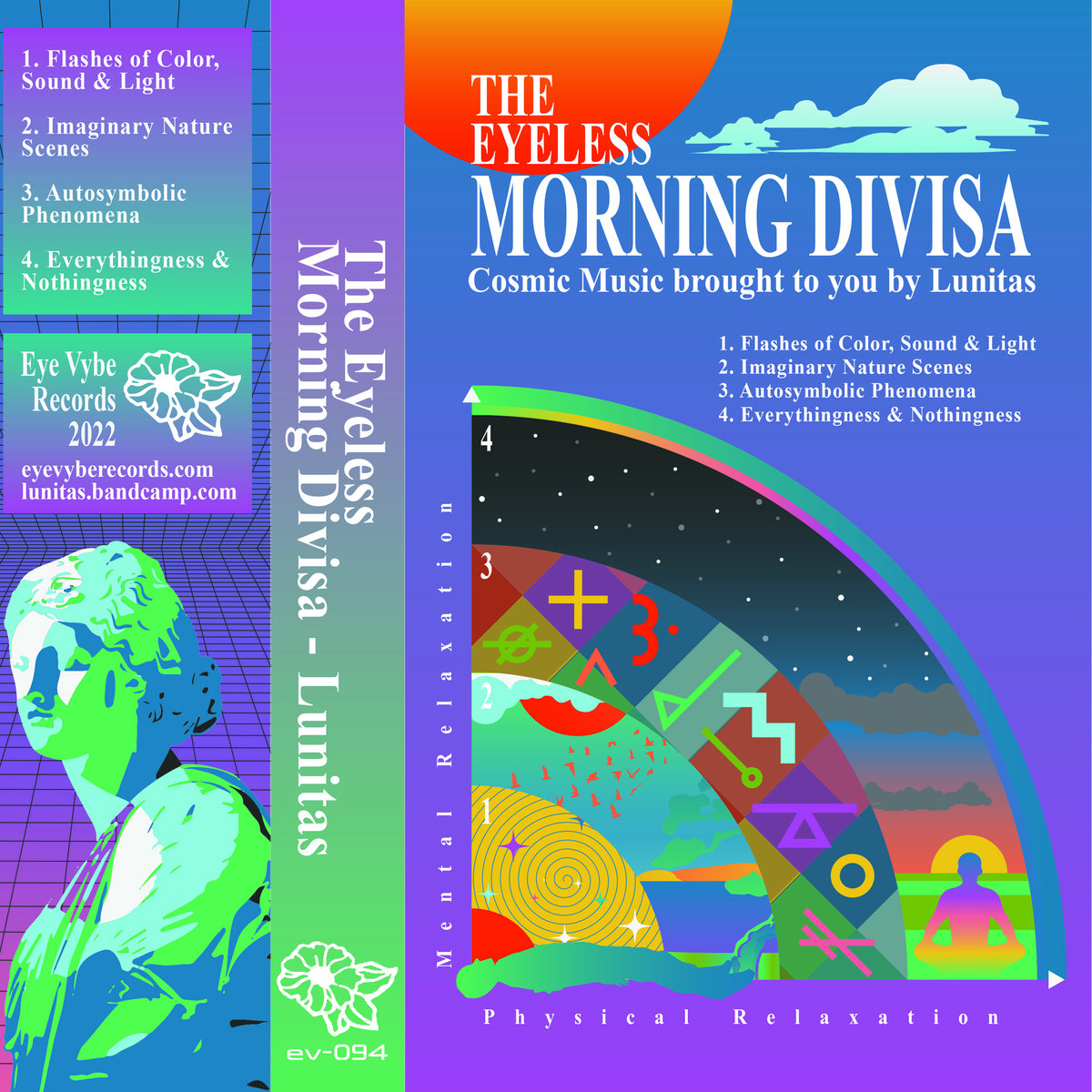 Lunitas
Lunitas
The Eyeless Morning Divisa
(Eye Vybe Records)
Originally released in November of last year, The Eyeless Morning Divisa, the cinematic ambient opus from Austin-based Lunitas, is getting a physical release courtesy of Eye Vybe Records. Merging aspects of kosmiche, vaporwave, and psych, this single (multi-chaptered) track release operates as a reflective synth meditation, a shifting collage of history and experience that washes over you in ripples of twilight timbres. It doesn’t matter whether you’re looking inward or gazing up at some celestial spectacle, the music seems to adjust spontaneously to any given headspace. The capricious nature of the synths is one of its most intriguing aspects – you really don’t know what’s going to happen next. Wobbly one moment and stretched beyond recognition the next, these sounds seem to operate on a broader canvas than might be expected. They are constantly shifting in rhythm and modulation, and the scope is intimate and universal, with Lunitas discovering something that speaks to multitudes as easily as it speaks to a single person.
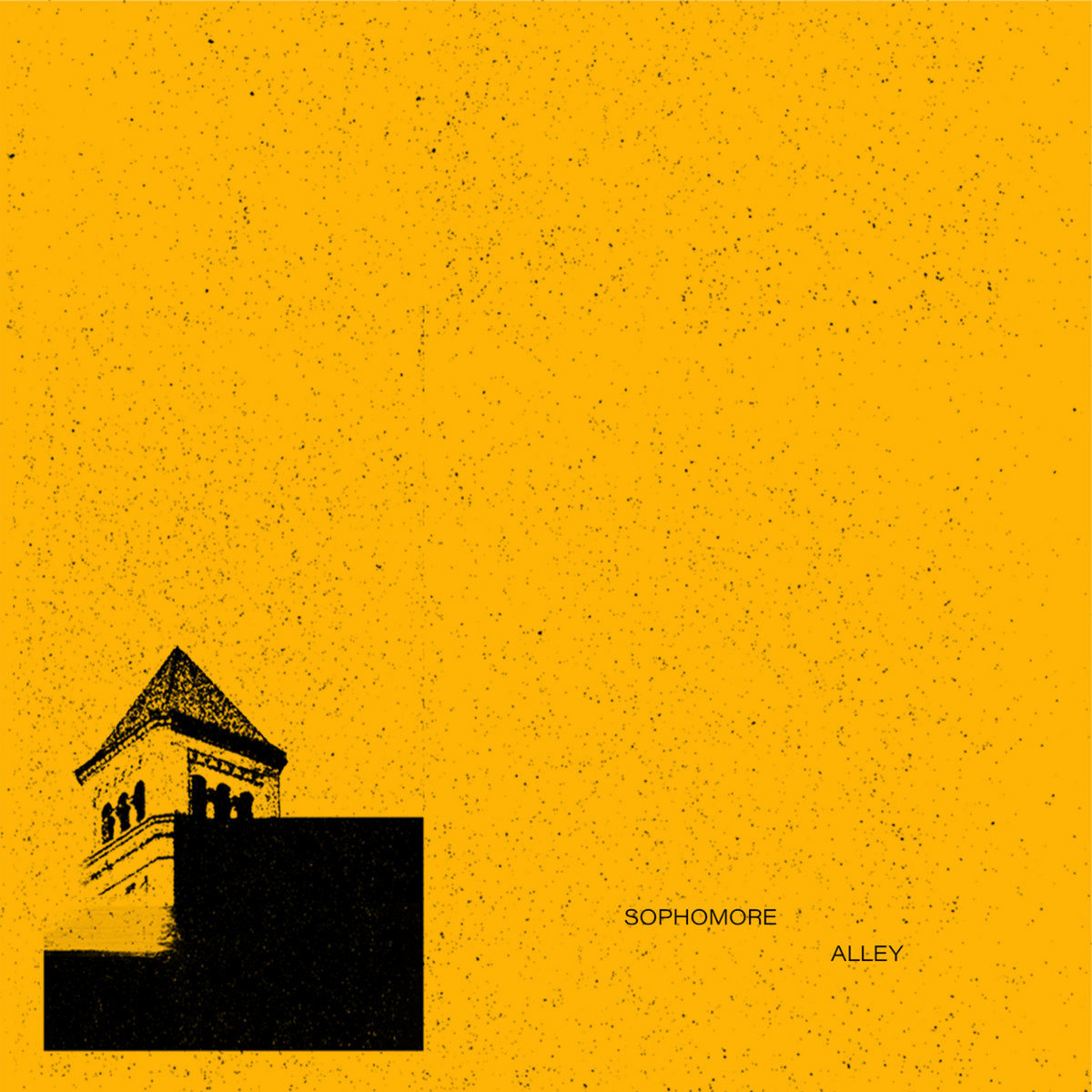 Rob Joynes
Rob Joynes
Sophomore Alley
(Den Tapes)
On his new 3-song EP, Sophomore Alley, Seattle singer-songwriter Rob Joynes channels a ‘00s indie rock aesthetic which still has one ear turned to the early ‘90s. Lush and dreamy at times, the music evokes Jason Molina or Kath Bloom, figures whose personal stories informed a bulk of the narratives threaded throughout their music. The guitars sparkle at times but retain a rugged edge, surrounded by craggy musical remnants that have sprung from heartache, regret, love, and themes regarding queer identity. These songs function more as conversations than monologues – Joynes asks that we participate rather than simply observe. What do these songs say about experiences we might have had, and how did we react at those times in our life? Through an occasionally wistful atmosphere of poignant piano lines and fuzzy guitars, an opportunity for personal acknowledgement is offered, a moment when we can think back and ask ourselves whether we are where we want to be, and if not, how we might get there.
One in a long list of aliases for Portland musician Aaron Liu, Ghost Pop functions as an avenue for him to create a lo-fi concoction of classic rock and roll, indie pop, and ambient music. On Volume 6, his latest under this moniker, there are hooks and memorable melodies aplenty, with Liu filtering them all through multiple tape decks and coming away with something that envisions an album created by Beach House if they were led by Buddy Holly. From the ‘50s garage pop of “Dance, Dance, Dance” to the dreamy ramshackle atmospheres of “Aisle 7”, he develops an interesting balance between his influences, one that doesn’t favor a specific sound; it simply allows them to coexist and work out their own equilibrium. “Well, Well, Well” crests a bit higher in its dedication to woozy bedroom theatrics, and the rest of the album offers windows into various intersectional melodicism. It’s a gauzy and layered look at Liu’s penchant for smeared genre experiments and boundless creative capacity.
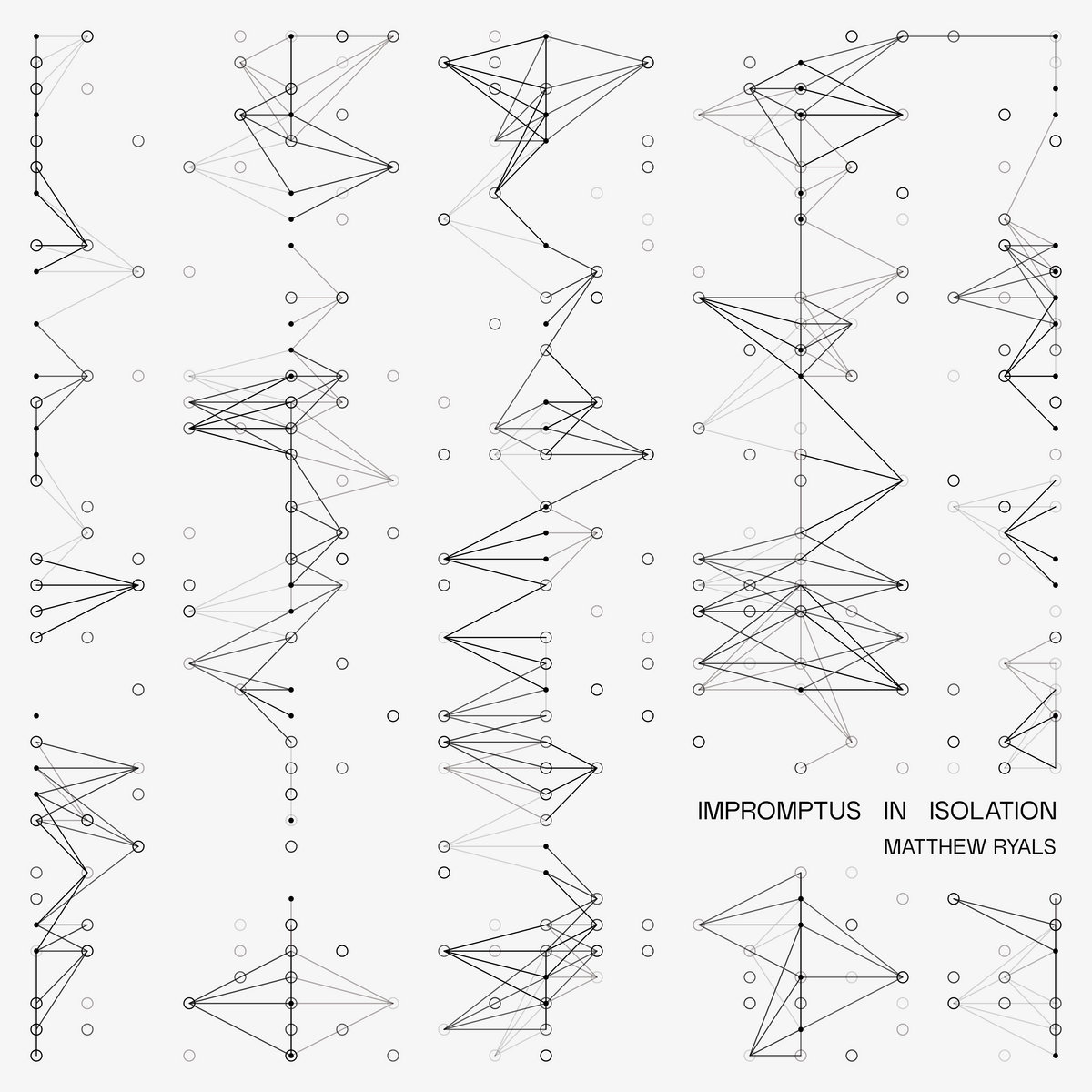 Matthew Ryals
Matthew Ryals
Impromptus in Isolation
(Sound as Language)
New York musician Matthew Ryals doesn’t want to play the synthesizer – doesn’t want to manipulate any electronics – he wants to collaborate with them. On impromptus in isolation, he tackles the concept of diminishing realities and the differentiation between organic and inorganic connections. And through a twisted mélange of crooked jazz, sound collage, and ambient landscapes, he turns these head-spinning ideas into a blur of duct-taped tones and vaguely associated rhythms. Working alongside his various instruments, he pulls the best versions of these songs from the sessions which birthed them and offers up something akin to a live performance, bristling in its spontaneity but held together by well-honed techniques. Sounds are bent, shuffled, and stretched out of shape, with everything recorded live with no overdubs. Occasionally, you’ll hear something familiar, but then Ryals deconstructs it, turning it inside out and adapting it to serve his own specific desires. He approaches these sounds as if they were alive, breathing, and he works in concert with each one to create something truly immersive and unforgettable.
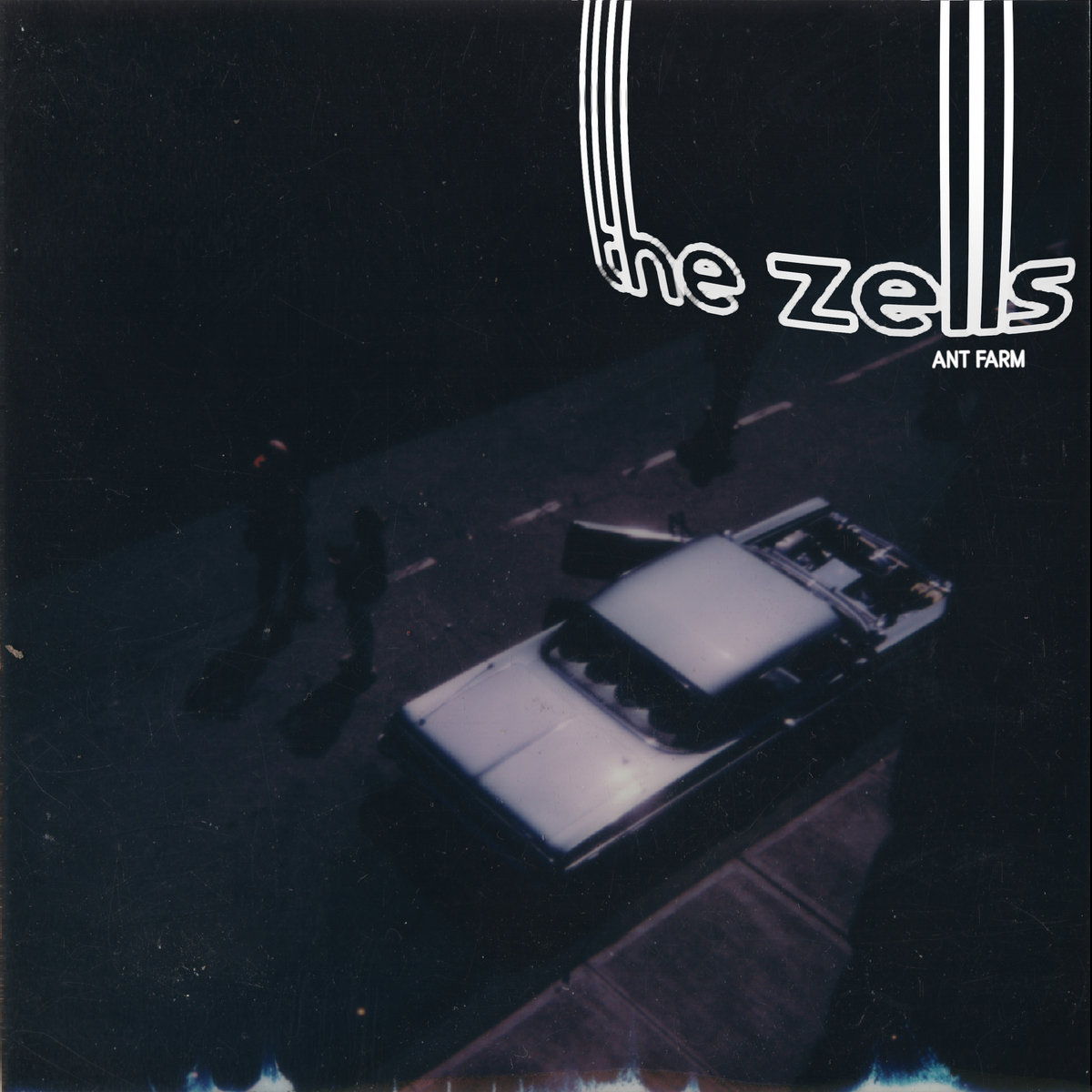 The Zells
The Zells
Ant Farm
(Crafted Sounds)
The Zells specialize in disillusionment and disenfranchisement, and they explore their own turmoil through angsty indie rock echoes and lo-fi garage punk reverberations. The Pittsburgh band has always shown their disdain for social conventions while also highlighting the inescapable nature of these same community structures. Their latest album, Ant Farm, finds them just as bitter and dismissive as ever of what they see as the crippling civic edifices that seem to betray the basic tenets of a people’s government. The guitars are spiked and rusty; the drums pummel and build a suitable thunder under which they wail and storm in their own inimitable musical language. Hints of denser shoegaze impulses shine through on occasion, as do moments when the band channels Guided By Voices’ rough-around-the-edges power-pop perfection. They’re taking us on a trip through all their classic indie rock influences, but there’s also room for improvisation and adaptation, giving them room to take these sounds and distort them in ways that are both corrosive and natural, a true distillation of decades of music.
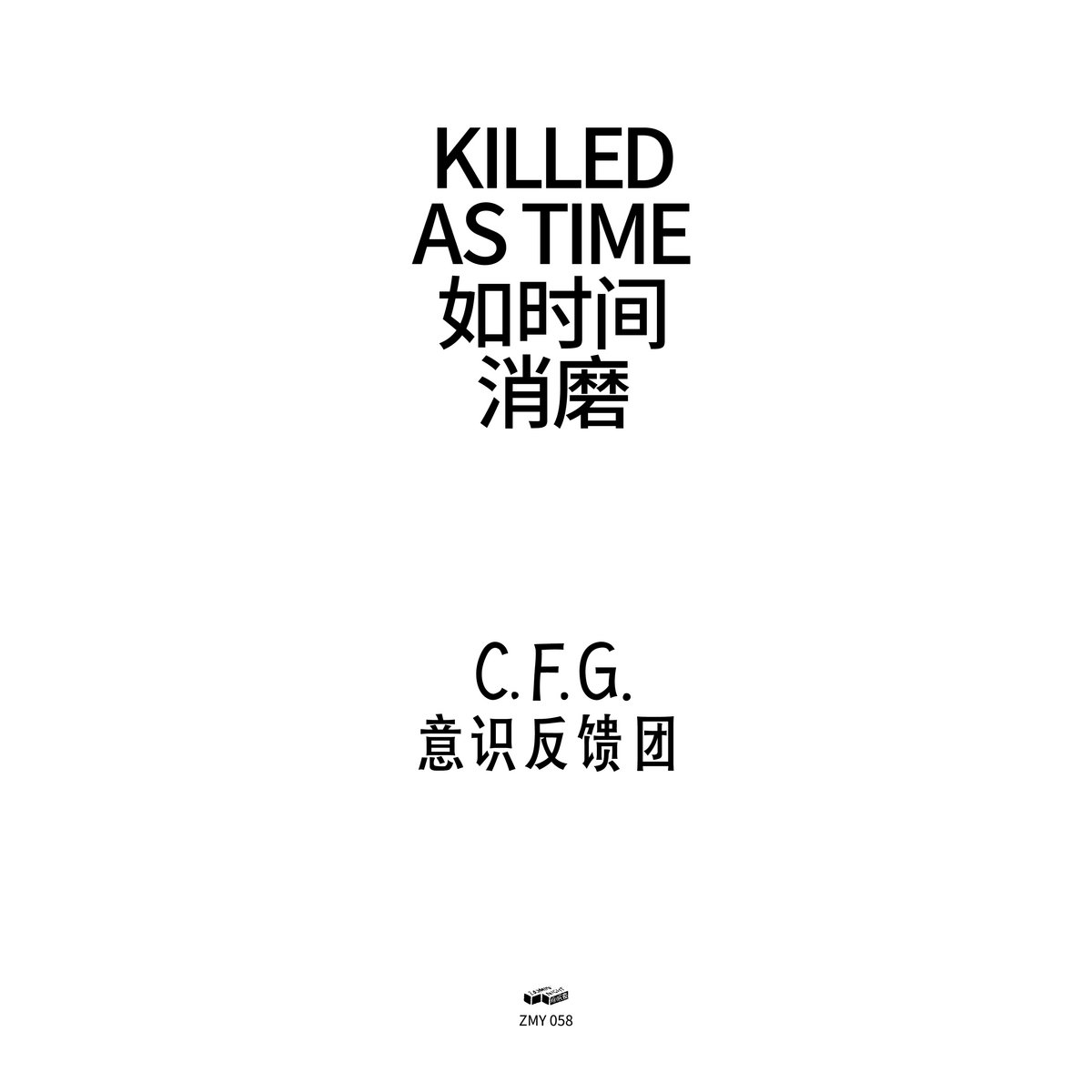 C.F.G. 意识反馈团
C.F.G. 意识反馈团
Killed as Time
(Zoomin’ Night)
Formed in 2018 by MAI mai, Xu Cheng, and Jun-Y Ciao, Conscious Feedback Group, or C.F.G., uses improvisation as a way to explore a style that holds no loyalties to genre, nor to any identifiable trend. On the 2-track Killed as Time, the band offers a couple of live recordings which showcase their unique perspective on history and musical revision. “Tune of Heart” is based on a two-page portion of text from Yang Sao’s 1924 drama of the same name, a harrowing mix of ghostly vocals, droning tones, and the sounds of a coffee maker. “From Empty” features clarinet, guitar, and gong, and works within a self-described “Post-Garde” concept before breaking apart and exploring a completely improvisational narrative in its second half. There’s a wonderful use of negative space in these tracks, as the occasional bit of silence adds as much depth as the audible movements used. You often feel as if you are on the cusp of some grand realization, but there are no easy answers across these tracks, only the suggestion of epiphany hiding along the music’s periphery.
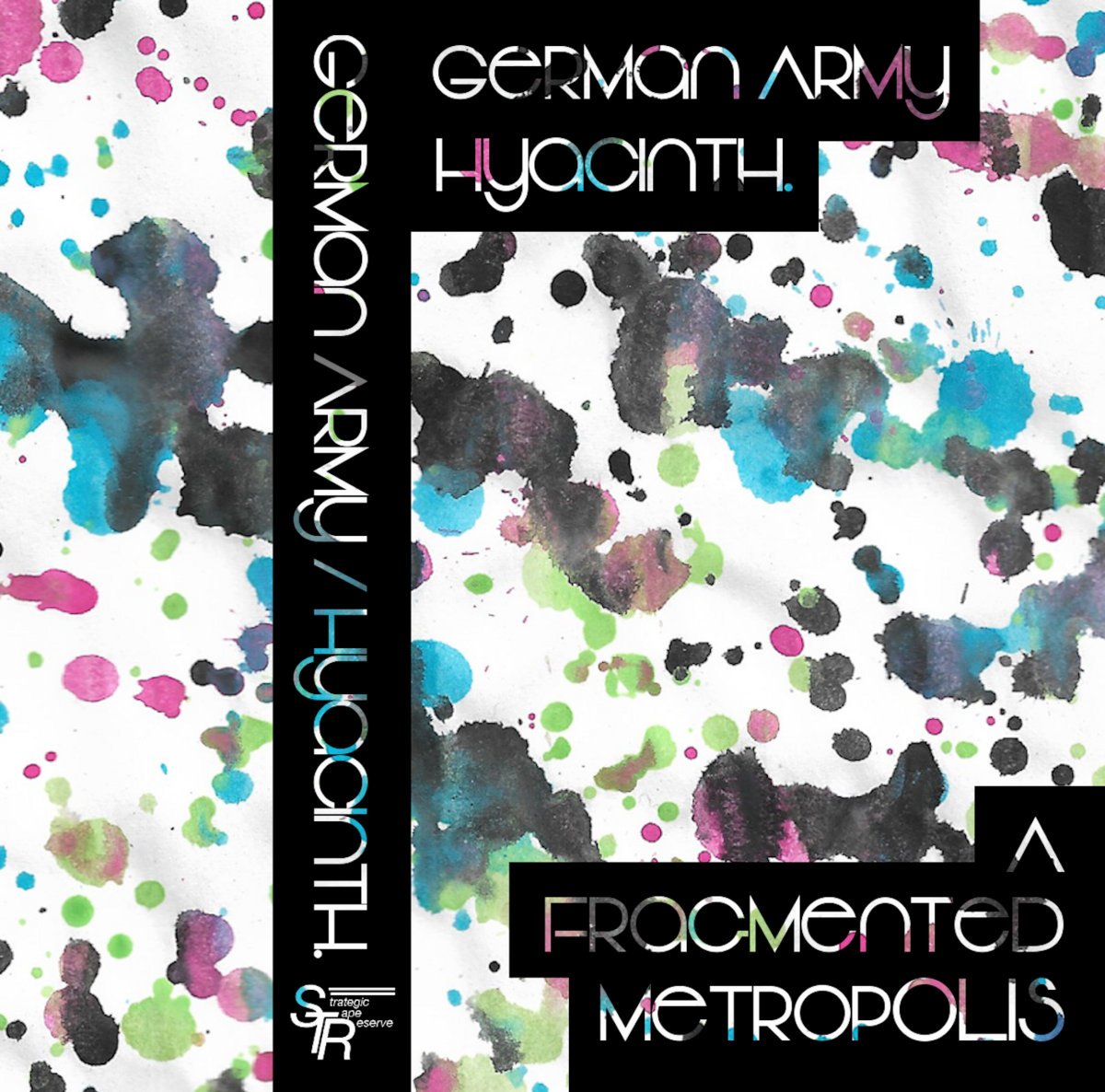 German Army / Hyacinth
German Army / Hyacinth
A Fragmented Metropolis
(Strategic Tape Reserve)
A Fragmented Metropolis, the new split cassette from German Army and Hyacinth, is awash in experimental electronics, atmospheric dream pop, and ambient contours. Where German Army makes use of more dissonant hiss and drones, Hyacinth leans into a slightly more pop-oriented direction (slightly more). Listening to German Army’s half is like experiencing a dream where familiar shapes turn alien and what you thought you knew turns out to be an illusion – it’s all very disorienting and utterly fascinating. For their side, Hyacinth maintains this illusory landscape, though it’s filled with half-heard beat tape impulses and airy pop flourishes. As you dig deeper into each side, it becomes obvious why these two bands were paired together on this cassette – they both adore the malleable nature of sound and the ways in which connections to memory and reality are warped through simple tone and rhythms. Hyacinth even adds in some sax adornment to further expand their aural language, developing a voice that’s equal parts somnambulic revelry and early morning clarity.
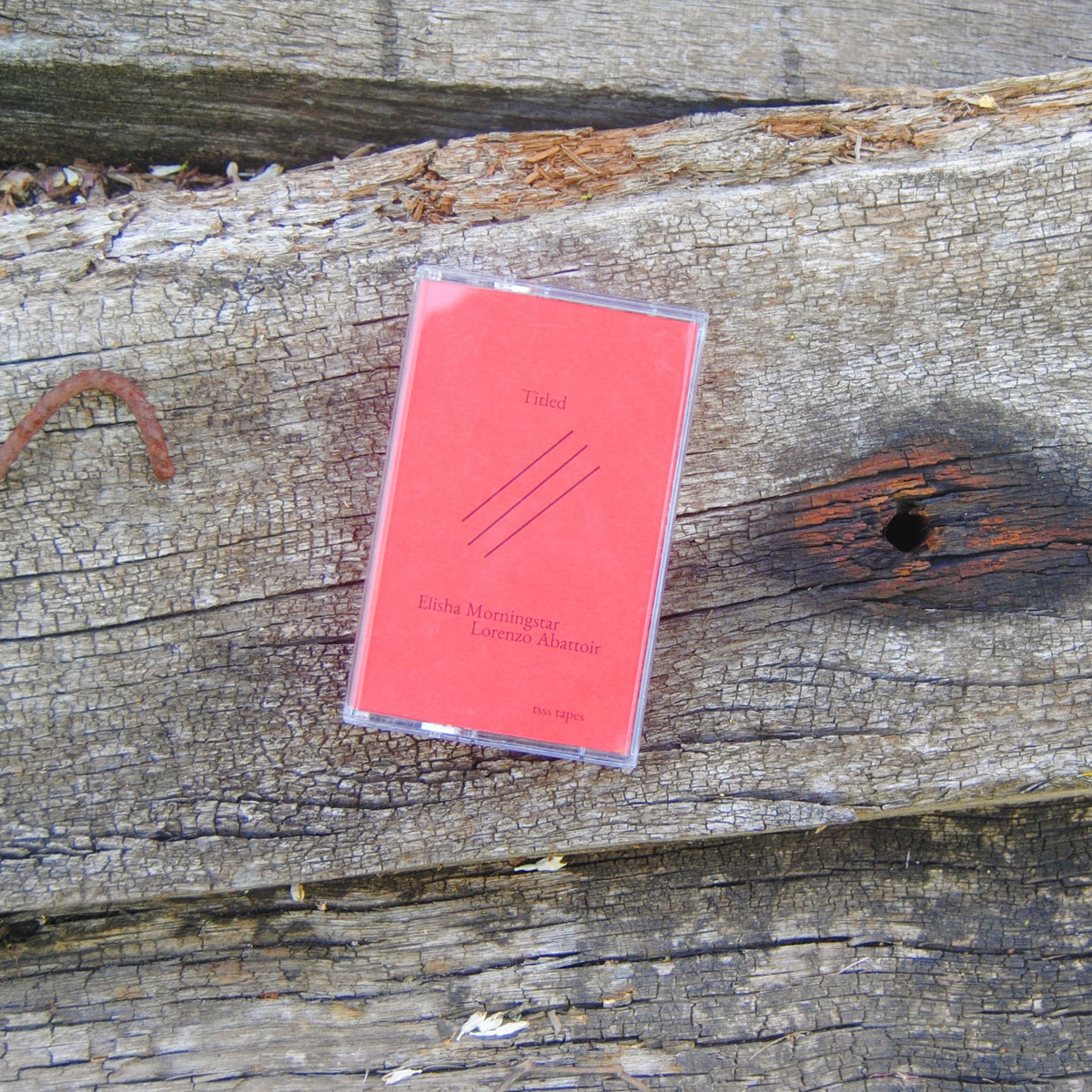 Elisha Morningstar / Lorenzo Abattoir
Elisha Morningstar / Lorenzo Abattoir
Titled
(Tsss Tapes)
Some celestial racket has caused the stars to align, and Elisha Morningstar and Lorenzo Abattoir, two artists with a love for sound-as-art and free form tape manipulation, have come together for a new album of experimental noise. Simply called Titled, the 7-track collaboration of wired impulses and collage-art instincts reveals a crossroads of sorts, the kind of midnight space where superstition meets reality and the present takes a long look into the future (or past). These tracks are less concerned with establishing a specific rhythm than they are with building physical moments – it almost feels like a recording of someone performing mostly silent on a stage, with only the squeak of chairs, the static of an old radio, and the odd bit of music playing fitfully on the edge of our conscious perception to keep us company. But this is captivating stuff, oddly human in its depiction of unadorned sound. Morningstar and Abattoir have created an album that bucks musical tradition in favor of something wildly arrhythmic and completely open to interpretation.
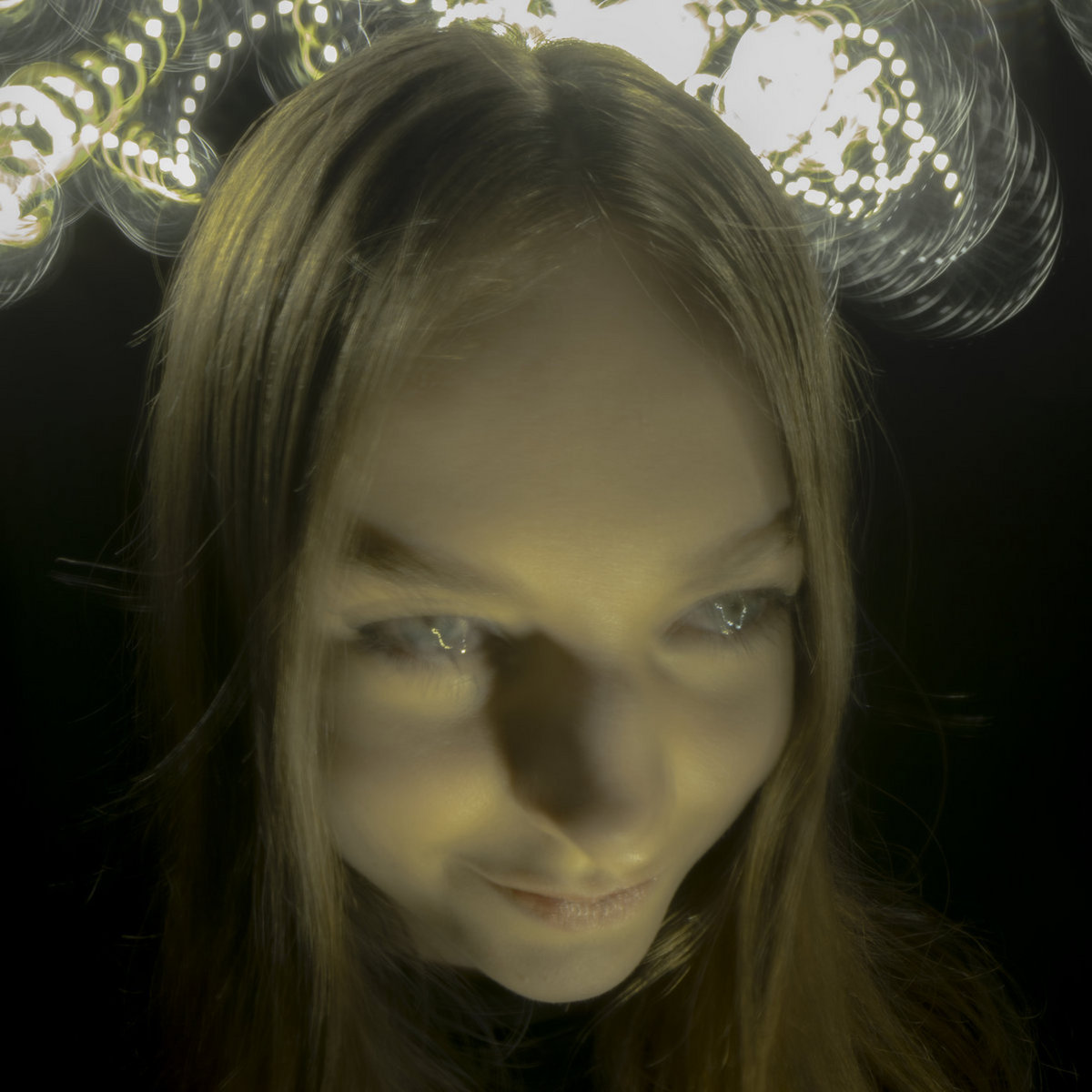 Elika Ostrov
Elika Ostrov
Confessions of An Imposter
(Fort Evil Fruit)
Confessions of An Imposter is the debut album from Tallinn/Berlin-based artist Elika OStrov, and it plays around with the disorientation we feel as we come out of sleep but have yet to fully lose our grip on the dream world. Ostrov works from a minimal perspective, one that favors suggestion and impermanence over theatricality and layered composition. Droning melodies weave in and around haunted voices as we try to decide what is real and what is a remnant of some nighttime fantasy or lingering terror. I wouldn’t call the atmosphere here oppressive, but it certainly feels weighted, as if there was some invisible force keeping us rooted to the same area while these sounds play havoc with our senses. Ostrov explains, “Its roots are purely hypnopompic, existing on the conscious verge between dreaming and wakefulness of multiple voices, struggling and dissociating each in their own realm”, and you can certainly hear these expressions of aural dissonance in every track as she bridges the distance between our waking and sleeping realities.
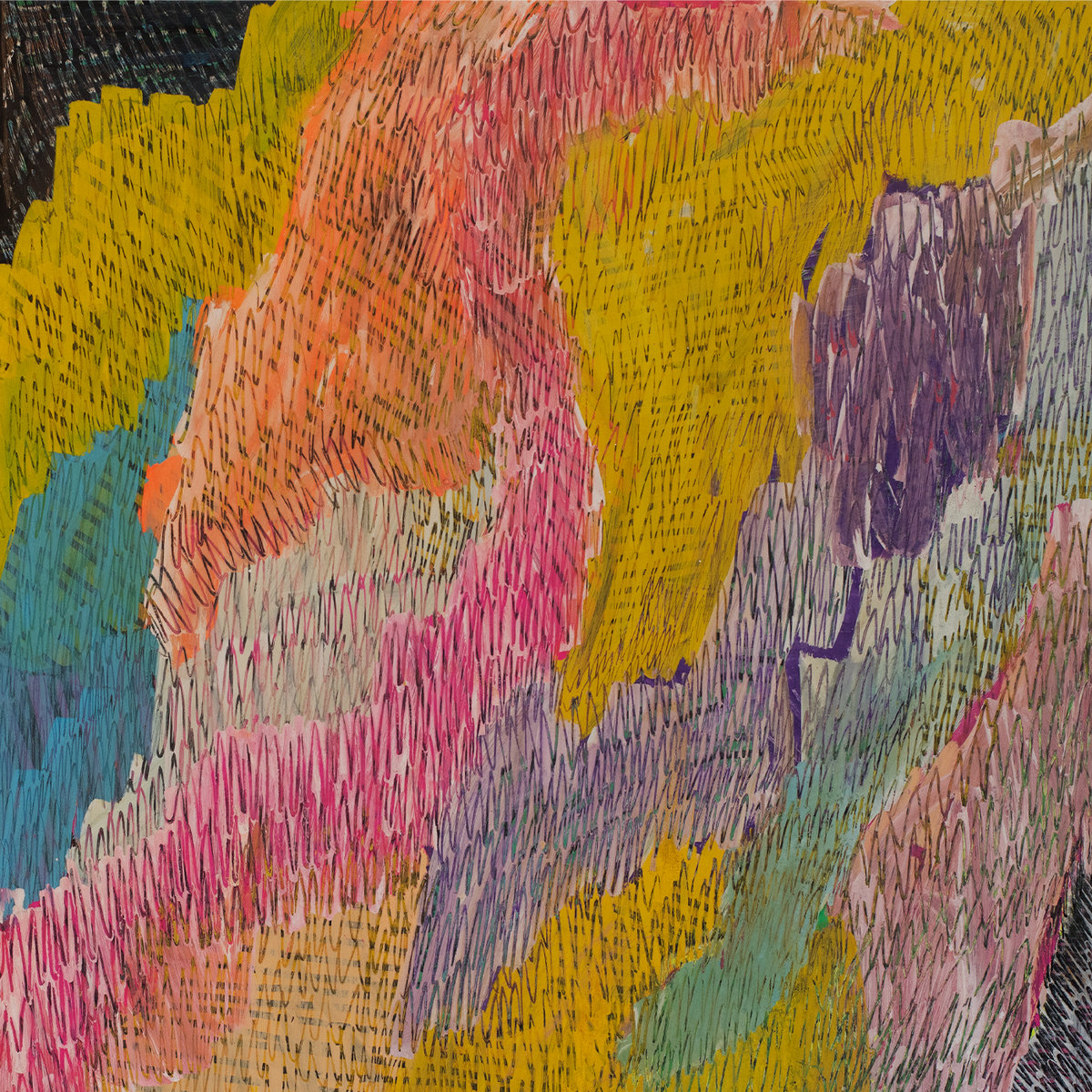 Mary Yalex
Mary Yalex
Ohra
(Muzan Editions)
Recorded between 2019 and 2021, Ohra, the latest collection of esoteric ambience from Mary Yalex is a gorgeous assemblage of synth drones and abstract field recordings. Rather than confront through manic tape manipulations, these songs persuade and envelop you, gently easing you into its expansive musical purview. If you close your eyes, you can almost imagine a world of magical realism where folklore, the supernatural, and our humanly endeavors collide and create a new reality marked by extraordinary environments and our interactions therein. There’s an organic flow to these tracks, a simple but persistent pulse that drives them forward. The repetition works here because Yalex uses it to expand the parameters of this world, rather than just exploiting it as window dressing to contribute to some superficial atmosphere. At times, you just want to close your eyes and lose yourself in the tidal forces at work here – nothing is overwhelming, necessarily, but there is a constant momentum maintained as we’re swept along by these sounds.
The new album from FIS (Famous in Suwalki) has been a long time coming. It was finished years ago but is only now finding its way to listeners’ hands. The band reveals: “It captures a specific period while the band was going through constant changes and now FIS 2022 live may sound quite different. But the songs from Sisyphos nevertheless shall remain.” This feels like a kitchen sink record, where the band throws everything against the wall to see what sticks, and miraculously, most of it is a resounding success. Aspects of avant-pop, singer-songwriter, electronic, and ambient are blended together in a blur of musical hues both vivid and subdued. The period of upheaval that the band mentioned certainly seems to be driving the dynamics behind Sisyphos, as each song seems to live out its own life separate from each other. This doesn’t mean its disjointed per se – it’s certainly not jarring in that sense. But it feels like 10 stories instead of 10 chapters, and the band allows it to play out in that fashion without any unnecessary interference.
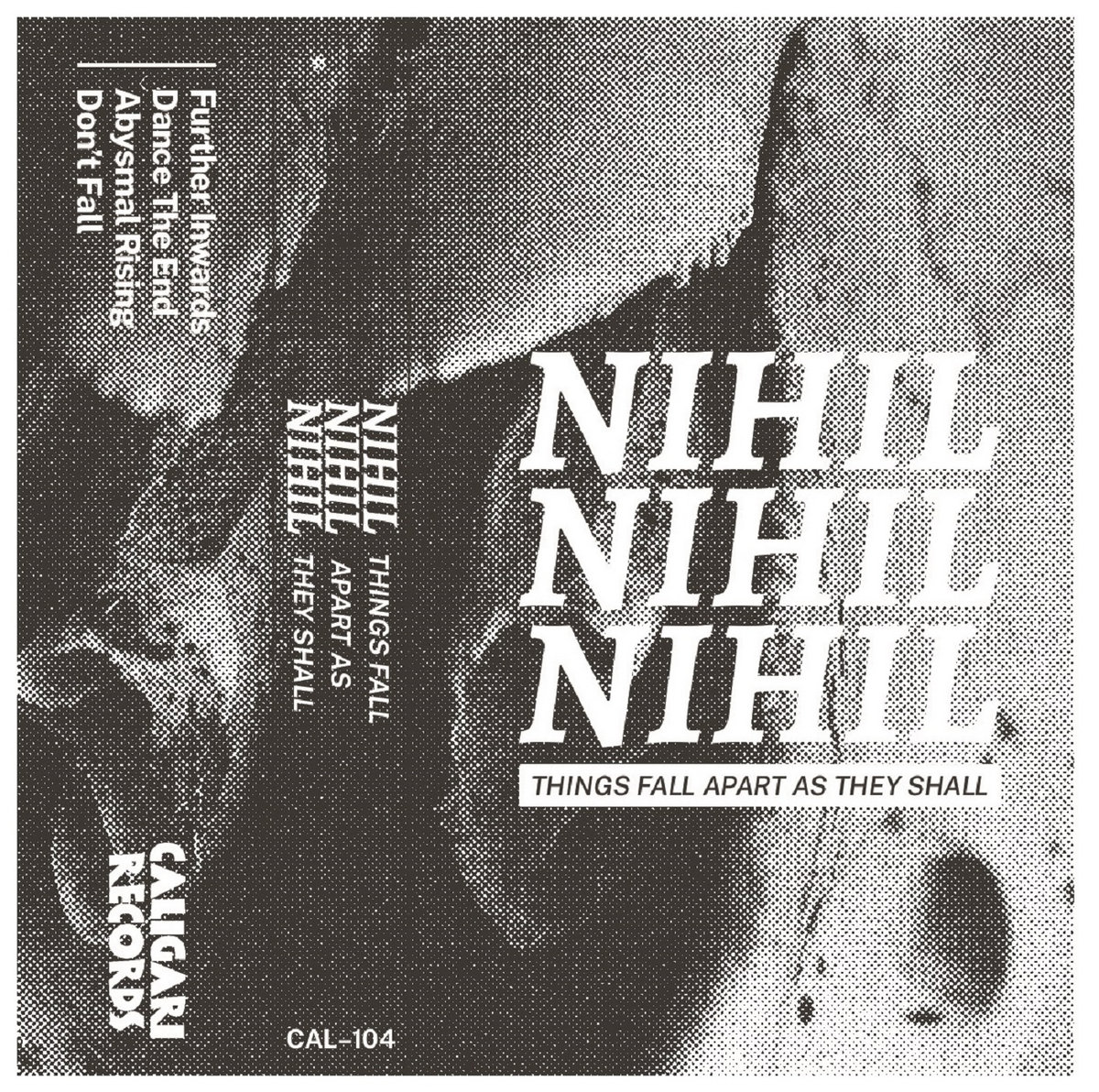 Nihil Nihil Nihil
Nihil Nihil Nihil
Things Fall Apart as They Shall
(Caligari Records)
German band Nihil Nihil Nihil uses the specter of doom metal to inform their post-punk proclivities and finds ways to blend the density of the former with the wiry tension of the latter. On their debut EP, Things Fall Apart as They Shall, the band develop a sonic thickness that feels as though you’re breathing in mercury. Never forgetting to focus on melody and the underlying structure of their songs, they offer a gravitational sludge that functions as the connective tissue between post-punk and metal, delving into a sound that cavernous and immediate. They even sneak in a cover of The Chameleons’ “Don’t Fall”, the opening track of that band’s seminal 1983 record, Script of the Bridge. There’s an overarching gloominess to these tracks, a forbidding appearance that highlights their influences as well as the impulses they sustain from those bands. Darkness has never felt more alive than it does across these four songs, reveling as they do in the throes of temperamental attitudes and a desire to blanket everything in varying lengths of shadows.
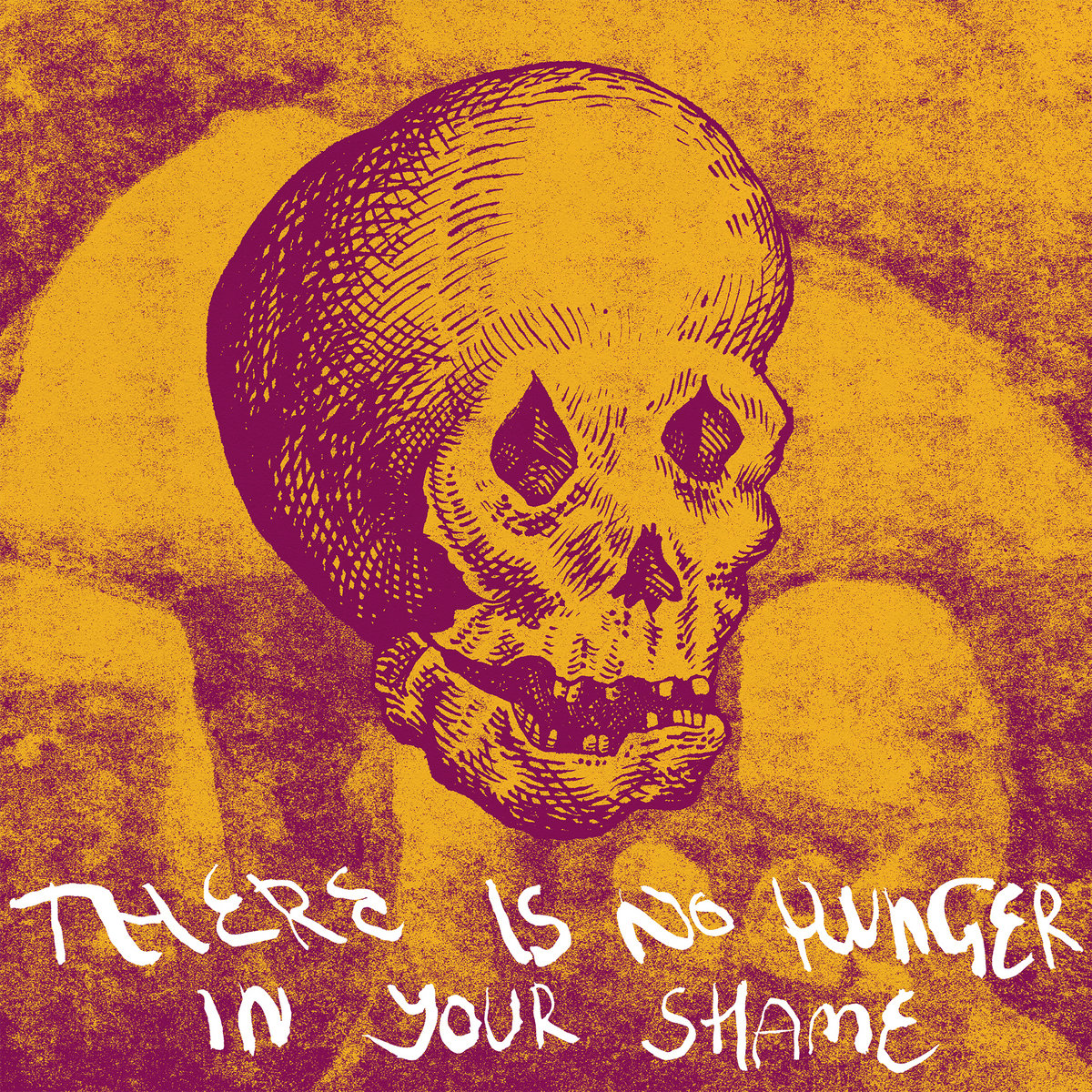 Builenradar
Builenradar
There is No Hunger in Your Shame
(School of the Arts)
Under the new moniker of Builenradar, Belgian visual artist/musician Wouten Vanhaelemeesch offers up a self-described cacophony of “damaged post-apocalyptic bikerfolk”. He’d previously been known as Urpf Lanze and worked on doling out doses of droning guitar boogie, but he’s shifted his approach for his work as Buildenradar. Employing a resophonic guitar and his voice, he experiments on how best to shred guitar convention. Recalling the work of John Fahey, Bill Orcutt, and Loren Connors, There is No Hunger in Your Shame is built upon six recordings done between 2013 and 2017, which wind their way through bouts of abstract melancholia, fingerpicked desolation, and bibulous hostility. Tape distortions, a broken harmonium, and other atypical instrumentation add a splintered perspective to the atonal aberrations on display. Slowly, among all the odd tones and meandering rhythms, the brilliance of his fretwork becomes apparent, and you willingly give yourself over to the anomalous landscapes presented for your inspection.
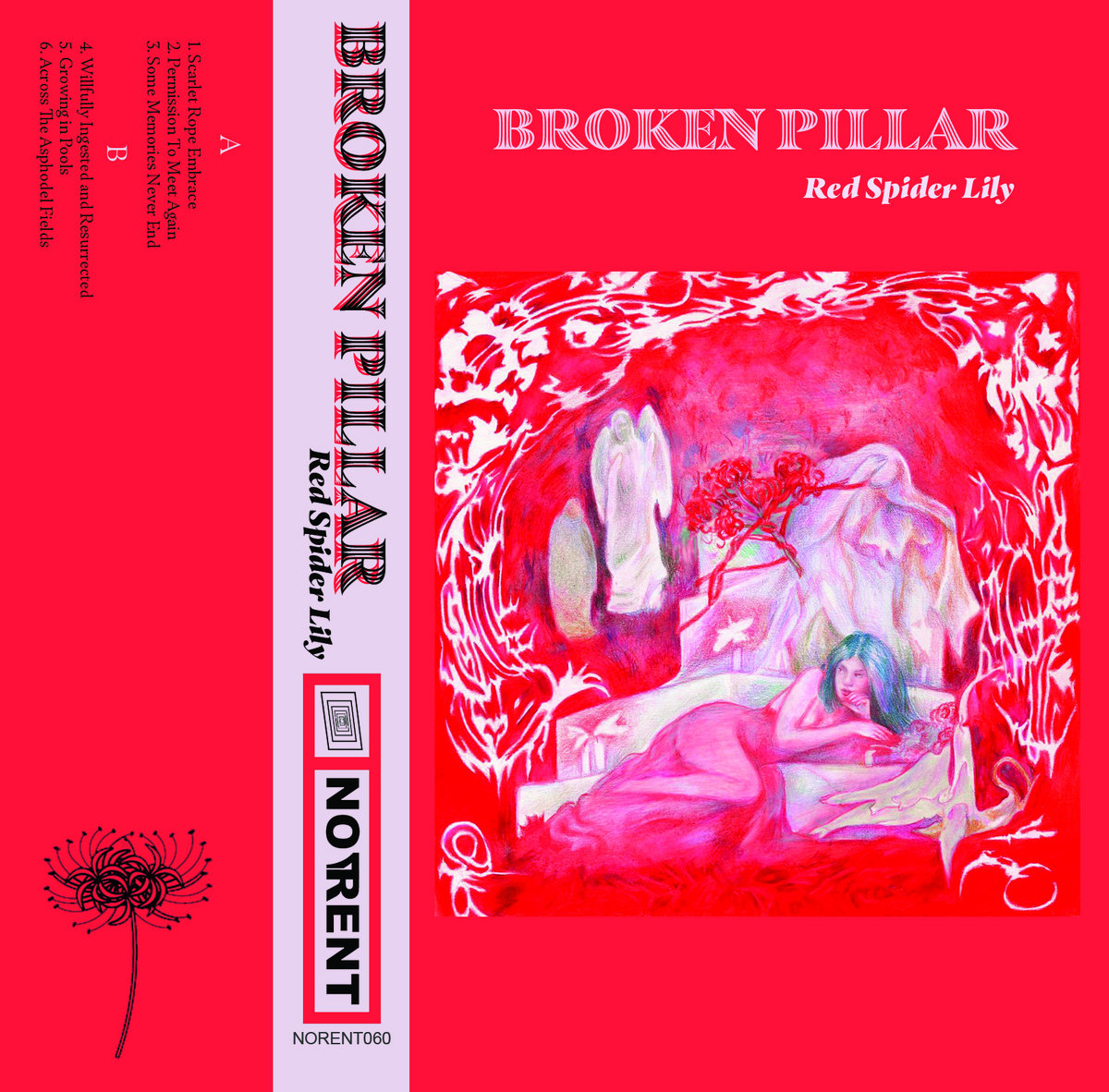 Broken Pillar
Broken Pillar
Red Spider Lily
(No Rent Records)
New York City musician Thomas Carney splits his time between being an audio engineer and working through noisy, ambient soundscapes under the guise of Giugno. For his latest release, Red Spider Lily, he’s adopted the moniker of Broken Pillar, named after his audio engineering business, to continue his descent into various modes of electronic adaptation. Across the album, he manages to make his minimalism feel as though it could fill stadiums. There’s a muscle to his music, a pronounced energy that informs every decision. Whether it’s the trance-like movements of “Some Memories Never End” or the distorted density of “Across the Asphodel Fields”, he navigates these amorphous soundscapes with an ear toward progression and reinvention, never content to simply retread sounds previously explored. He breaks down the roots of his influences, finding ways to highlight the aspects of each which drive his own creativity. “Growing in Pools” sounds like techno broken down and beamed in from some underwater laboratory, perfectly capturing the melodic deconstruction Carney so clearly adores.
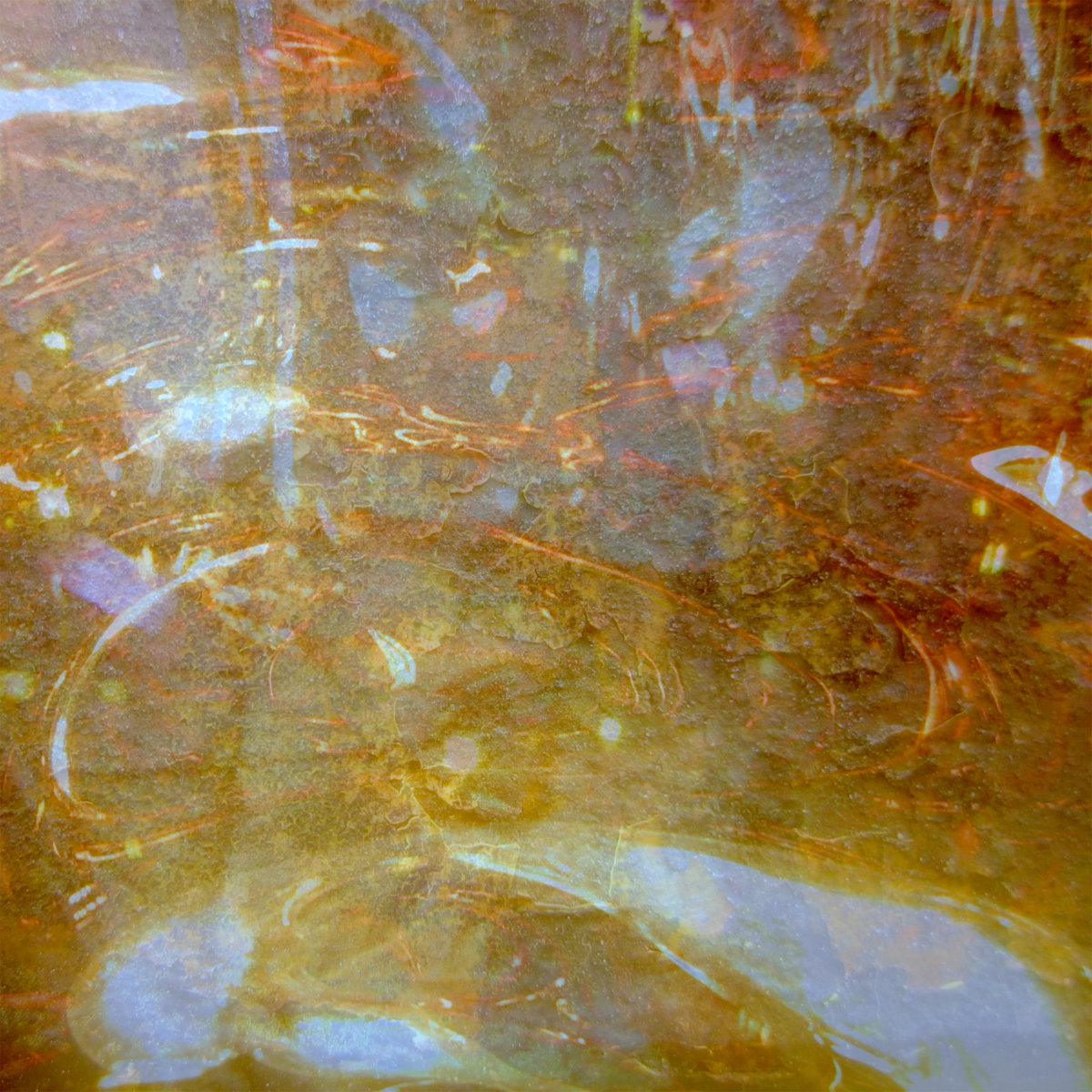 Anarchist Mountains
Anarchist Mountains
Fire Waves
(Oxtail Recordings)
On their new record, Fire Waves, as Anarchist Mountains, brothers Stefan and Jordan Christoff find relevance in the twinkling motions of new age ambience. They recorded these songs with “no computer screens, sounds, presets or overdubs, just live looping and magic family energies”, layering synths, field recordings, and various samples into a sprawling sound that could soundtrack some celestial body’s trek across the night sky or provide the backing noise for animals moving quietly through a wooded terrestrial expanse. Far from the navel-gazing new age music most people might associate with that label, these songs have a purpose, acting as excursions through both our conscious and subconscious thoughts. Gentle but insistent in their approach to bringing light to the darker corners of our mind, the tracks acknowledge what is sometimes lurking at the edge of our perception, shadows that attempt to influence and move us to act in ways counter to our internal programming. These tracks provide space for us to engage with and mold those dark shapes into something constructive and necessary for good mental health.
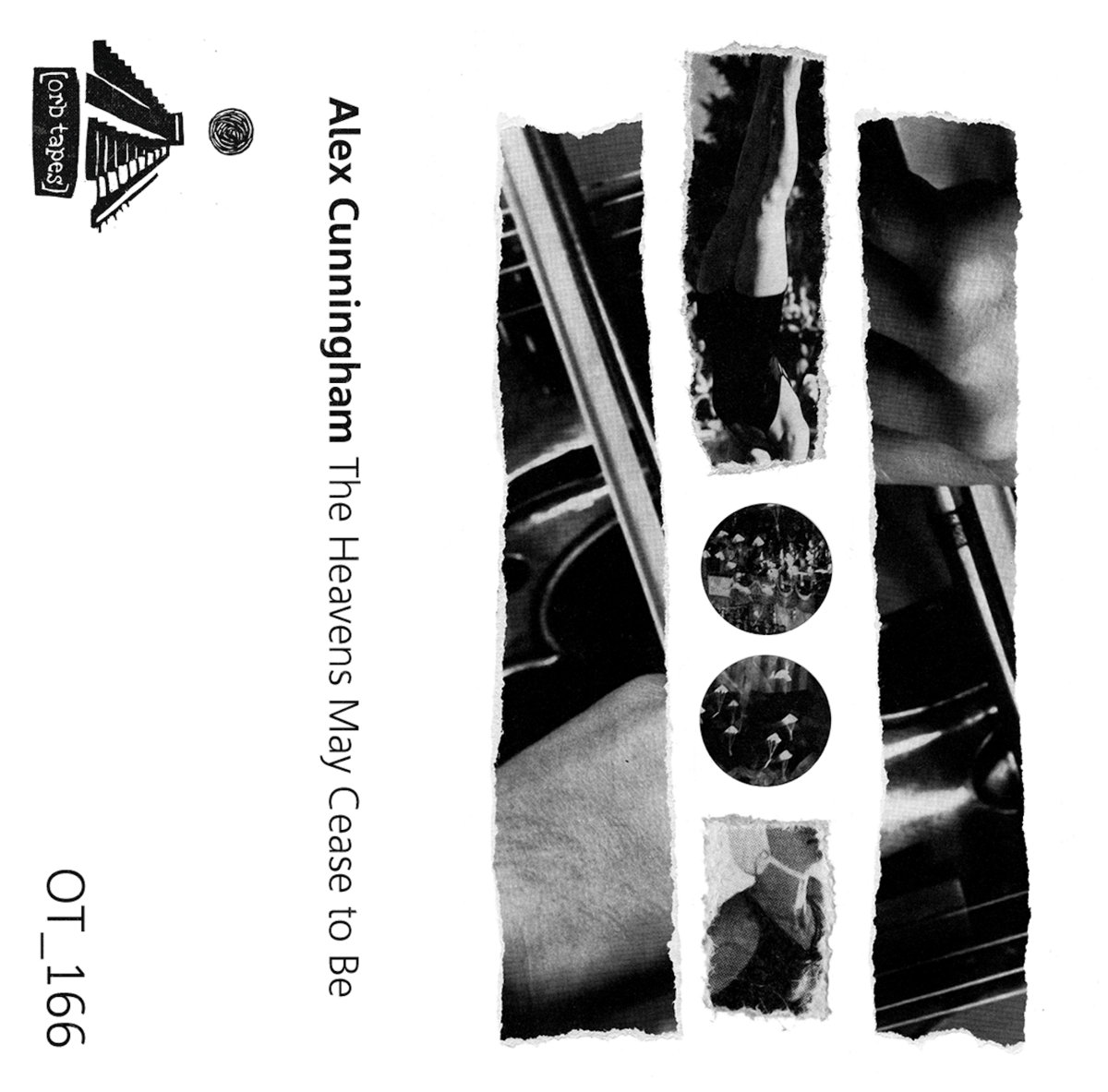 Alex Cunningham
Alex Cunningham
The Heavens May Cease to Be
(Orb Tapes)
St. Louis violinist and visual artist Alex Cunningham is enamored with the idea of creating beauty out of noise. Look no further than his latest release, The Heavens May Cease to Be, for proof of that. Split between two longform tracks of staticky dissonance, he asks for patience as the layers are slowly pulled back, revealing the complex heart beating at the center of each one. “The Storms are on the Ocean” grows slowly, little more than whisper until everything is overwhelmed by a roar that sounds as though it’s coming from inside a hurricane on a boat at sea (hence the title, perhaps). “The Heavens May Cease to Be” is glitchier, doused in tape hiss and circuital discord, and never relents in its aggressive onslaught of barbaric manipulations. But beneath these waves of abject rhythmic dissension, there is a kind of loveliness, a subversive grace that isn’t easily explained or witnessed. Cunningham positions it so that persevering listeners can find it if they let themselves sink under its weight, finding the meaning born from its chaos.
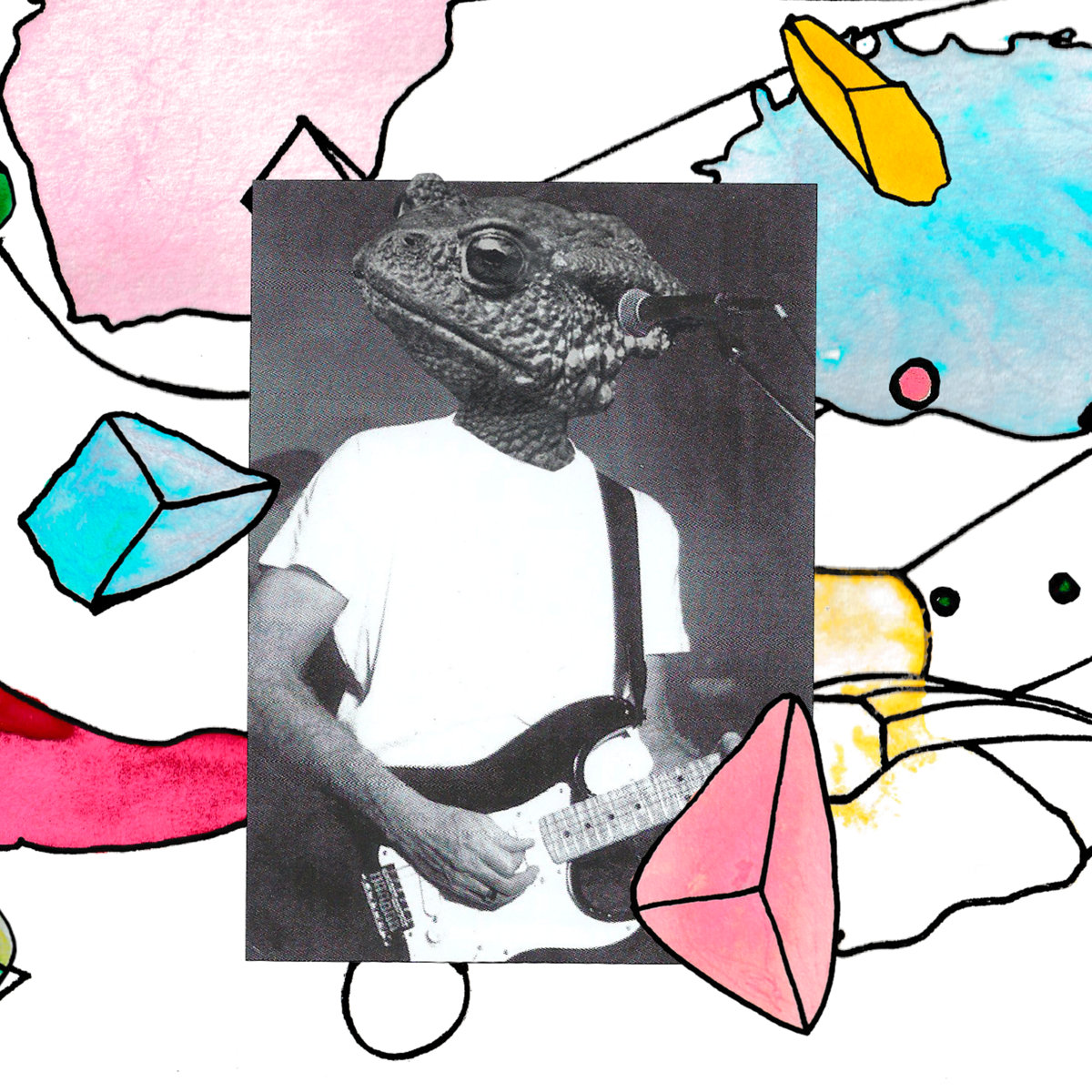 L’Arbre Nu / Bardo Todol
L’Arbre Nu / Bardo Todol
Un Super Groupe Nommé Sapito
(Artsy Records)
When Argentinian experimental duo Bardo Todol and French outfit L’Arbre Nu get together some truly strange things occur. On first listen, their new collaborative cassette, Un Super Groupe Nommé Sapito, seems like just a bunch of disjointed and unrelated sounds mashed together. But there was always a method (of sorts) to their madness. It all began when they started trading sounds they recorded in the woods around their respective homes, asking the other to mix and assemble the sounds in whatever form they saw fit. Split into two chapters, “Las Maderas Hablan” and “La Caminata De Iniciacion”, the tape features forest sounds, barely held together folk forms, and other aspects of musique concrete. Odd incantations whirl around damaged melodies while unidentifiable noises bleed together in a mass of constantly mutating rhythms. Despite its terrestrial origins, there are some seriously alien soundscapes here. It takes some getting used to before everything finally clicks into place, and you understand the range and complexity of what is being presented.
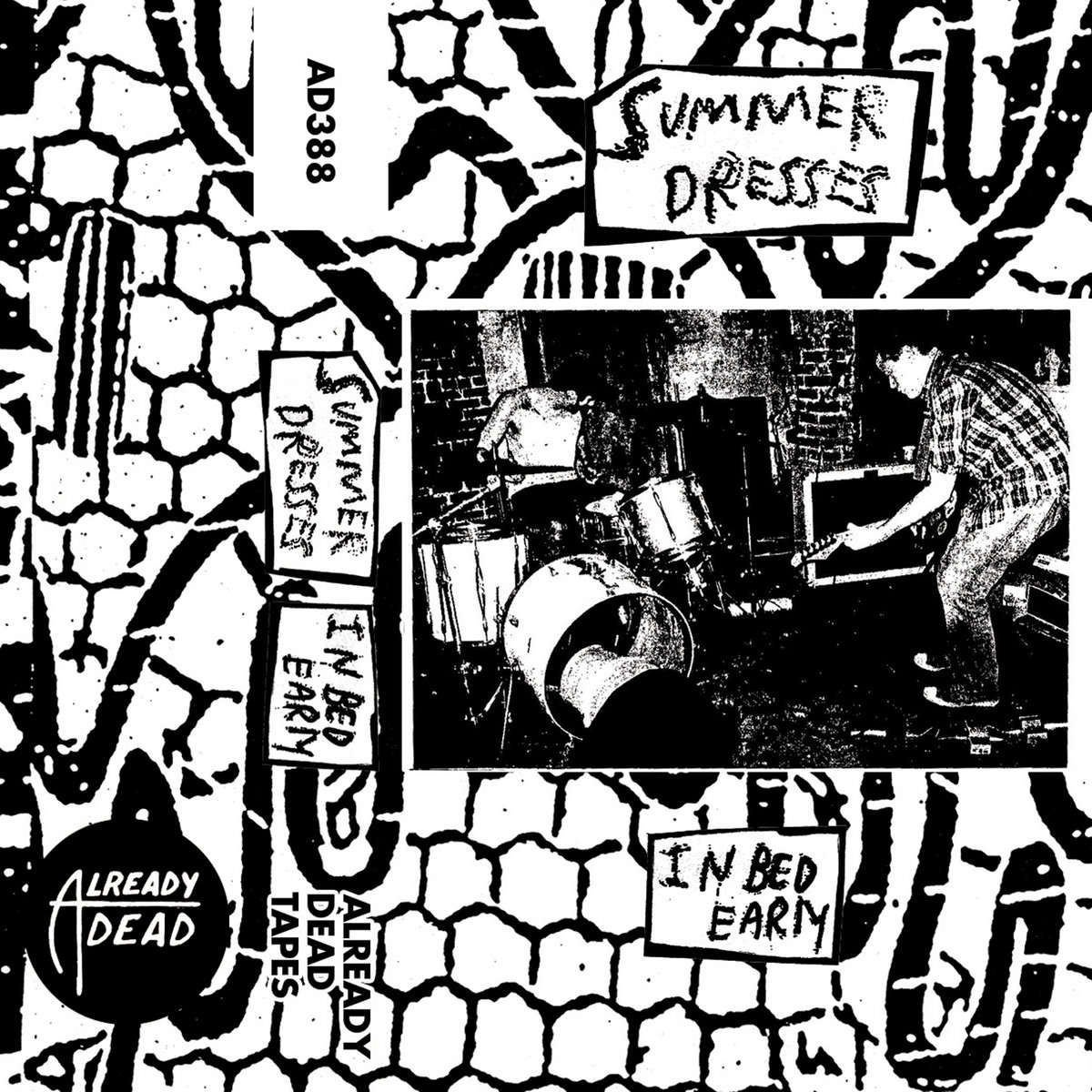 Summer Dresses
Summer Dresses
In Bed Early
(Already Dead Tapes and Records)
Featuring members of Human Adult Band, New Jersey trio Summer Dresses focus on harsh noise and twisted rock improvisations. Over a decade ago, somewhere on the East Coast, the band recorded a few live tracks that are just now being released as In Bed Early. Opener “On Our Horn” is the most conventional of the bunch, combining the ragged sprawl of Slint with the rhythmic density of The For Carnation. “Fixable Issues” feels like it’s going to collapse at any moment, with guitar notes bending and stretching while drums clatter away in the background. It all ends with “Let Me Think On It”, a cacophonous racket that showcases the innate spontaneity the band operates within. Abrasive yet oddly engaging, the song finds a happy medium between chaos and order, letting them exorcise any and all spirits left in their instruments. In Bed Early is loud and noisy and prone to fits of melodic aberration, but it’s also uniquely positioned as both emotional release and passionate introspection for a band content to exist on the fringes of musical convention.
 Time Wharp
Time Wharp
Spiro World
(Leaving Records)
Named after the prescription drug Spironolactone, Time Wharp’s latest collection of songs, Spiro World, is a record that, according to band architect Kaye Loggins, “describes somatically profound personal experiences of derealization, the endocrinological mixolydian heaven & pharma hell on earth, and love letters to New York”. Incorporating elements of kosmische, jazz, and electronic music, these eight tracks delve into a world of frightening realities, joyous physical reactions, and the struggle to rise above any number of stressful situations bombarding us at any given time. The music just seems to draw these complicated emotions and experiences out, letting these sounds act as a blank canvas for whatever needs to be addressed and providing support when needed. There is also a restorative quality to these songs, a feeling of emotional accommodation and an acknowledgement of painful experiences that might have fueled unwise decisions in the past. Loggins finds a way to explore personal revelation through a blend of synthetic and acoustic origins, and it’s as fascinating as it is necessary.
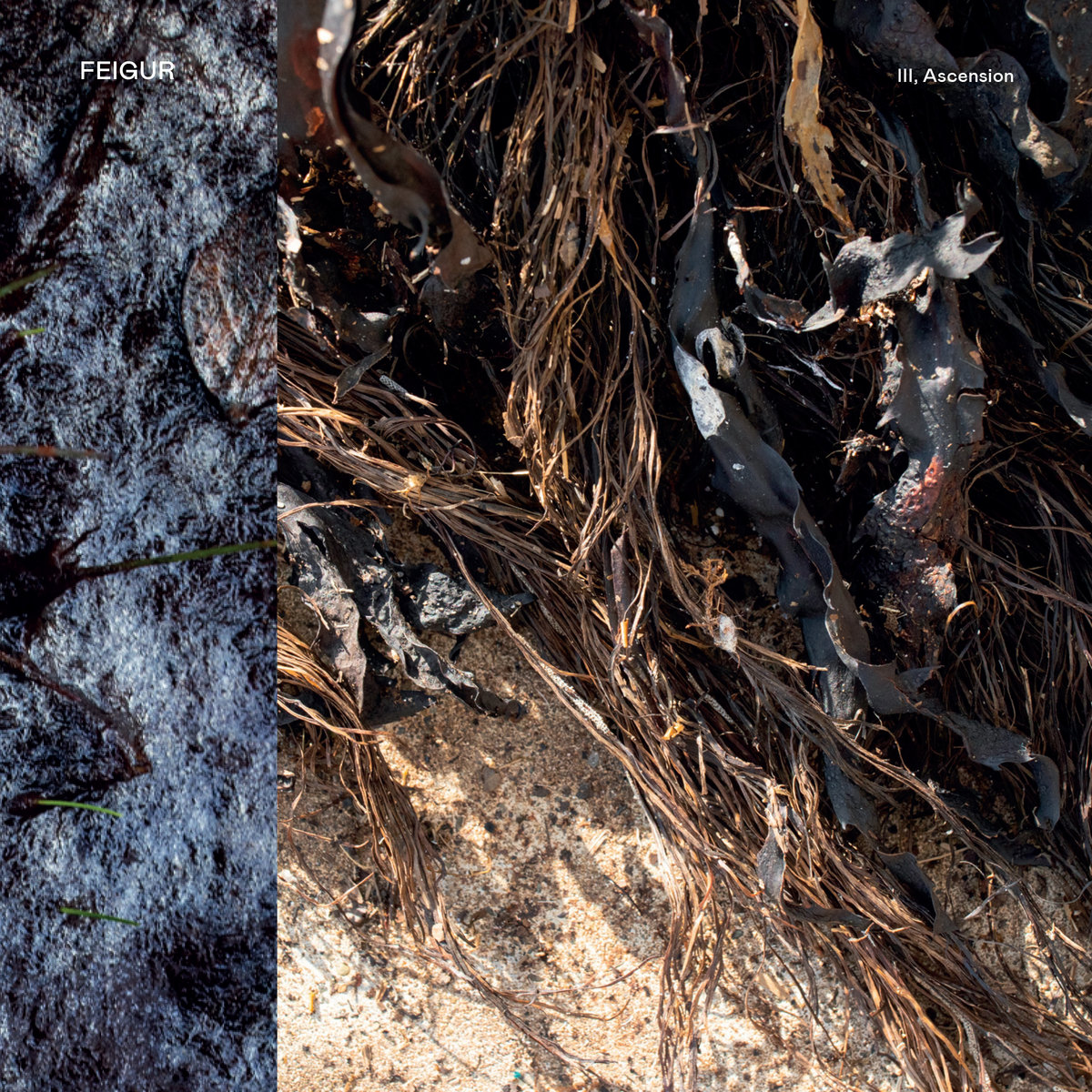 Feigur
Feigur
III, Ascension
(Aught \ Void)
On his latest album, III, Ascension, musician Adrien Tibi, working under the guise of Feigur, addresses the cycle of resurrection through stages of pain, mourning, and healing. Built around the perspective of a disembodied soul waiting for its next trip through corporeal life, the music offers various ambient landscapes to convey the sensations this soul might experience as it waits to cross back over. Split into three distinct chapters, the tape moves between minimal noise, waves of gentle tones, and a grating, caustic clamor. There is a definite sense of progression here, of working through struggle and discovering acceptance through personal insight. Tibi ‘s ability to evoke specific themes and feelings through these electronic soundscapes is a testament to his talent and creative perspective. And while we are given little to no information as to the identity or personality of the soul in motion here, the musical sections offer glimpses of regret, turmoil, and expectation that paint this spirit as something worthy of our time and attention.
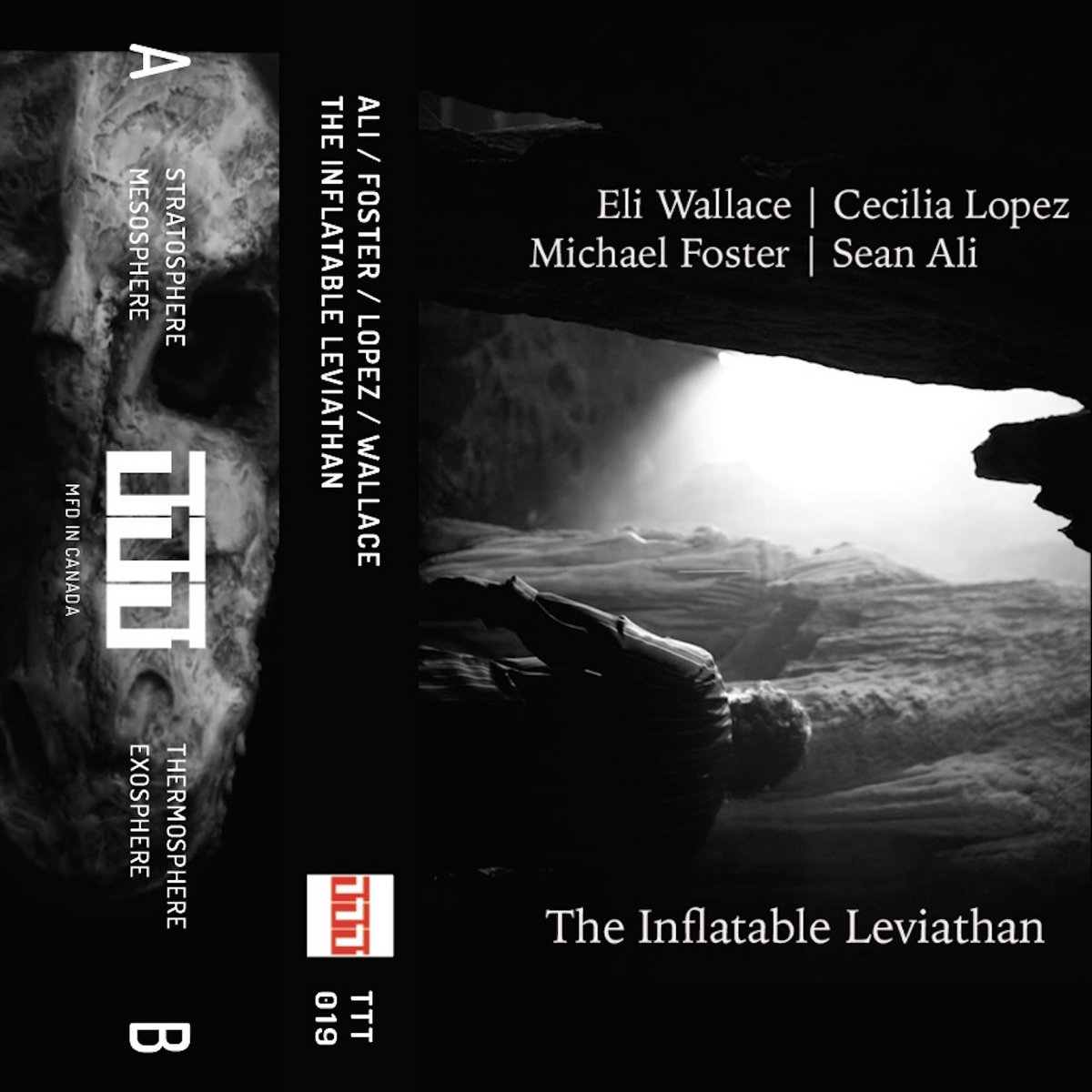 Sean Ali / Michael Foster / Cecilia Lopez / Eli Wallace
Sean Ali / Michael Foster / Cecilia Lopez / Eli Wallace
The Inflatable Leviathan
(Tripticks Tapes)
Starting in 2019, experimental musicians Sean Ali, Michael Foster, Cecilia Lopez, and Eli Wallace began performing together, developing a sound that paired nigh-impenetrable textures with droning passages of noise and shapeless revelation. The emergence of COVID put any further collaborations on hold for a bit, but they got back together in May of last year to record The Inflatable Leviathan, a collection of songs that employs unorthodox rhythms and electro-acoustic instrumentation as a way to explore their own relationship to one another within the context of the music. Moments of quiet rumination evolve into spontaneous complexity, with conflicting sounds vying for attention before fading from view. The album becomes a conversation, a four-way discussion of interlocking melodic, and amelodic, mechanisms and how they can affect our capacity for emotional association. The group uses negative space to great effect here, allowing the absence of sound to become a necessary part of their musical dialogue. The Inflatable Leviathan possesses a clattering grace and a fractured loveliness resulting from the natural interplay between four artists speaking through a shared adoration of sound.

